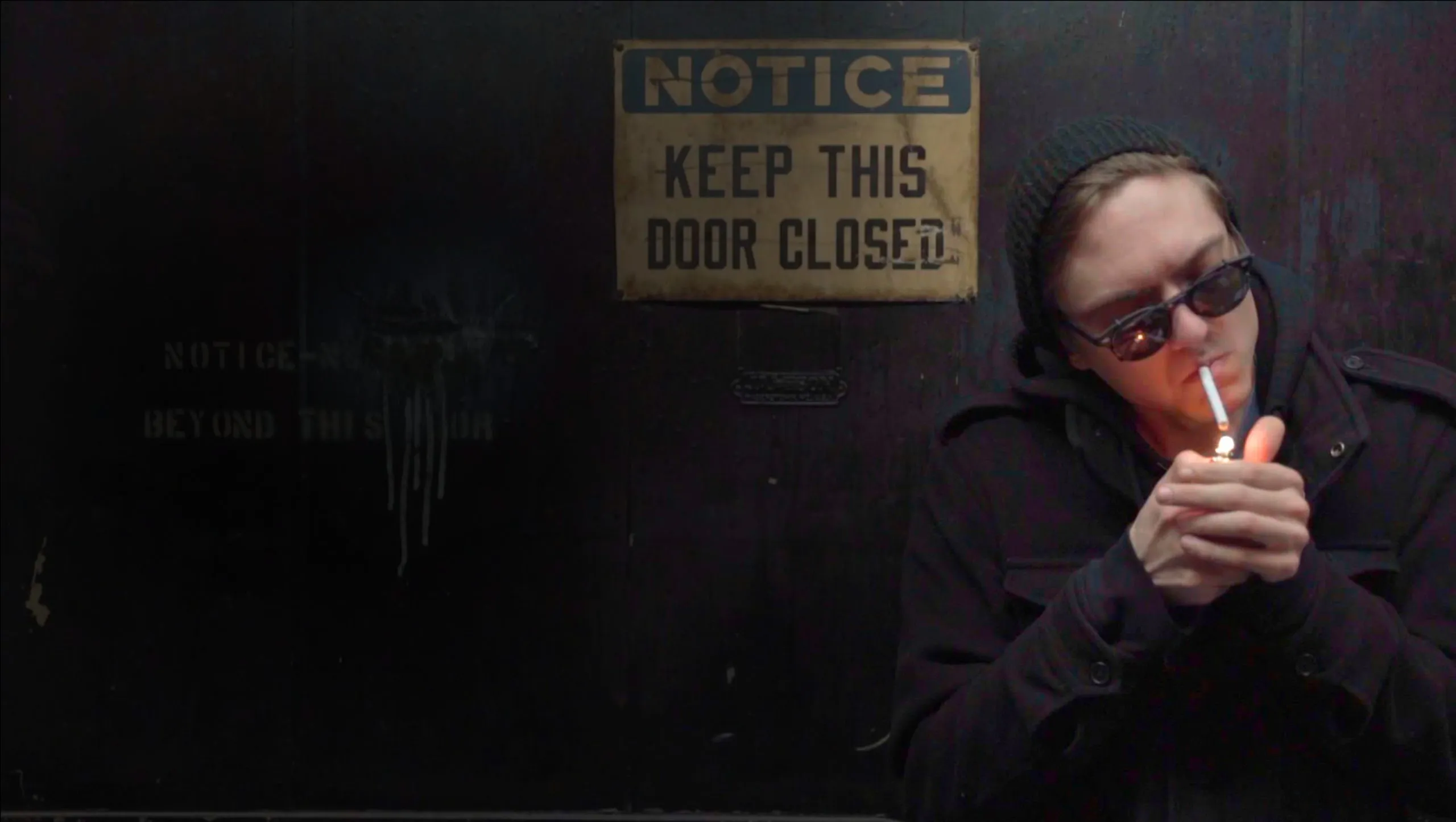
Slamdance Film Review: The Mad Writer
Slamdance
The Mad Writer
Director: Zachary Kashkett
Austin Hart, better known by his producing moniker L’Orange, has spent the better part of his adult life flipping jazz samples for hip-hop MCs. Then, one December day in Nashville, he began to bleed from his ear, presenting an existential threat to his career and livelihood.
The Mad Writer chronicles Hart’s story against the backdrop of a life-altering ear surgery to combat cholesteatoma, which is a tumor that grows deep in the ear canal. With the surgery looming, Hart reflects on some formative moments from his childhood, his introduction to work as a producer and the current stage of his life and career as the latter is threatened by hearing loss. Hart makes it abundantly clear that his life is not at risk with the cholesteatoma and resulting surgery.
The documentary, which clocks in at about 69 minutes with credits, oscillates between interviews with Hart and some of his closest friends and collaborators. Hart and director Zachary Kashkett display their close friendship from the beginning, which helps soften some of Hart’s playful jabs at Kashkett (asking him why in the world he’d be interested in making a documentary about him, etc).
The casualness of their relationship bleeds into the film’s production in various ways: Interviews with Hart seem relatively unstructured, and Kashkett himself makes a number of appearances both on and off screen. The standard close and medium shot interviews that are standard fare in documentary filmmaking are punctuated with more lo-fi, incidental moments shot with a handheld camera and some more lax production elements—at one point, Hart and Kashkett are talking on a couch with the cheap Blue Snowball podcasting mic they’re using to record the conversation nakedly visible on the coffee table in front of them.
The result of this laid-back approach is a loose, well-constructed profile of a producer at this critical juncture in his career and life. Despite the stakes, Hart maintains a dry, sardonic sense of humor directed at both his medical situation and his friend’s attempt at documenting his life. Throughout the documentary, Hart makes snide (but playful) comments about the structure of the documentary; his meta commentary is a fun addition to the film. As a testament to Kashkett’s shared sense of humor and filmmaking chops, the doc is cleverly edited in a way that allows Hart to literally narrate the end of his own story.
The Mad Writer moves with an urgency deserving of its subject matter, but maintains a light, loose vibe throughout that can be credited entirely to the relationship between the filmmaker and the subject; a respectable, modest documentary that successfully pulls off the trick of making a guy creating a movie about one of his homies into something compelling. In this case, the friend just happens to be a music producer devoted to his craft. In the film, Hart notes that the late J Dilla basically made his cult classic Donuts on his deathbed. He makes it clear that nothing short of death (or complete hearing loss) will stop him from doing what has given his life meaning. –Brandon Ermer